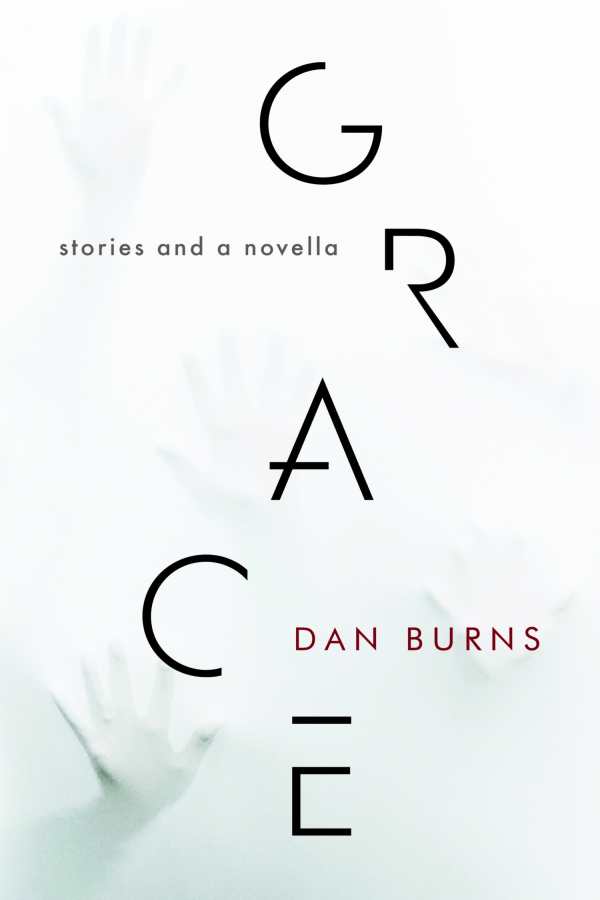Grace
Stories and a Novella
Grace is a reflective collection whose stories move across times and circumstances to arrive somewhere real.
Dan Burns’s genre-diverse short story collection Grace captures characters and fleeting moments while putting a twist on everyday life.
Estranged family members find each other during hard times. Scorned women seek revenge. A scarce and frightening future sees older people sent to the moon. These are just a few of the premises found in the first half of Grace, wherein people struggle with change and trauma. These stories come alongside a novella that introduces Frankie’s Tap, where Willie and other townsfolk have come to escape their problems during a night that keeps getting stranger; Willie’s problems seek him out no matter where he hides.
The short story section of the book includes five tales that showcase a range of subjects and styles. “Hardwired” and “The Final Countdown” lean into science fiction with their suspenseful developments, while “Adrift at Sea” portrays a sailor’s life with sensory infused, dreamy journal entries. The novella is theatrical in style; it started as a poem and turned into a play before settling down as a novella. An insightful chapter about the writing process comes at the end.
Each entry is character driven, and themes center on human nature and people’s choices. Characterizations are achieved through brief, illustrative commentary and entertaining dialogue. Family connections are tested, resulting in impulsive and emotional actions throughout the collection.
The entries perpetuate interest by introducing tense situations that work toward peculiar resolutions. Illustrative descriptions make the settings easy to imagine; houses and bars are moody, taking on the emotions of those who inhabit them. Most of the short stories end with a surprise and include sincere insights around loss, grief, and moving forward.
The novella, “Grace,” works with a small cast, some of whom are more developed than others. Willie, its antihero, let his job and relationship fall into complacency; he has a tendency to victimize himself and make excuses, but harsh treatment from his wife makes him empathetic. Around him, the bar’s motley crew are differentiated from each other by their idiosyncratic speech patterns and body language. Character dynamics move the story; discussions touch on relationships, alcoholism, and careers, foreshadowing coming events.
While repetitive bar conversations and Willie’s melodramatic laments make some of the reveals in “Grace” predictable, a twist at the end shakes up the story with its insights. Charming gray scale drawings of meals and tattoos bring more life to the scenes.
Grace is a reflective collection whose stories move across times and circumstances to arrive somewhere real.
Reviewed by
Delia Stanley
Disclosure: This article is not an endorsement, but a review. The publisher of this book provided free copies of the book and paid a small fee to have their book reviewed by a professional reviewer. Foreword Reviews and Clarion Reviews make no guarantee that the publisher will receive a positive review. Foreword Magazine, Inc. is disclosing this in accordance with the Federal Trade Commission’s 16 CFR, Part 255.

